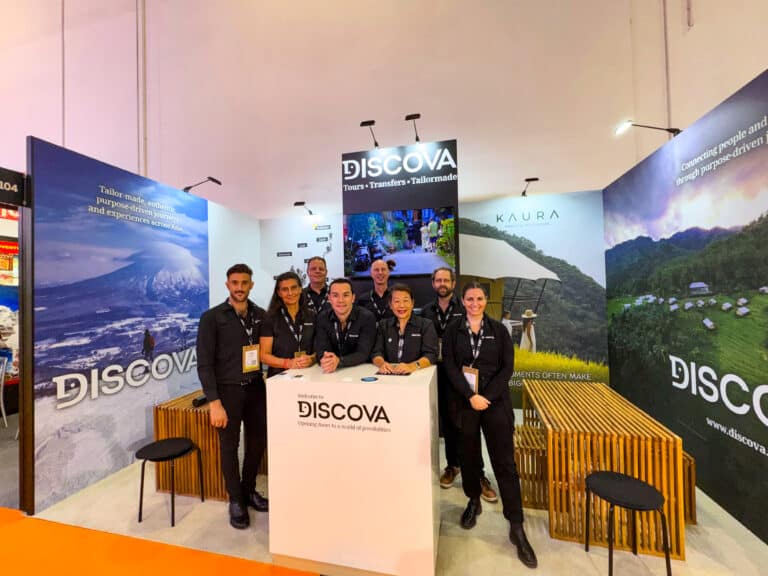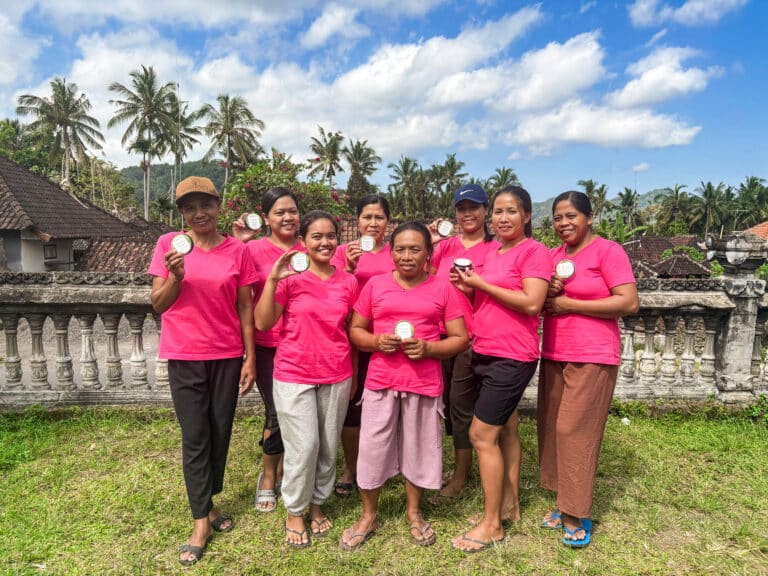
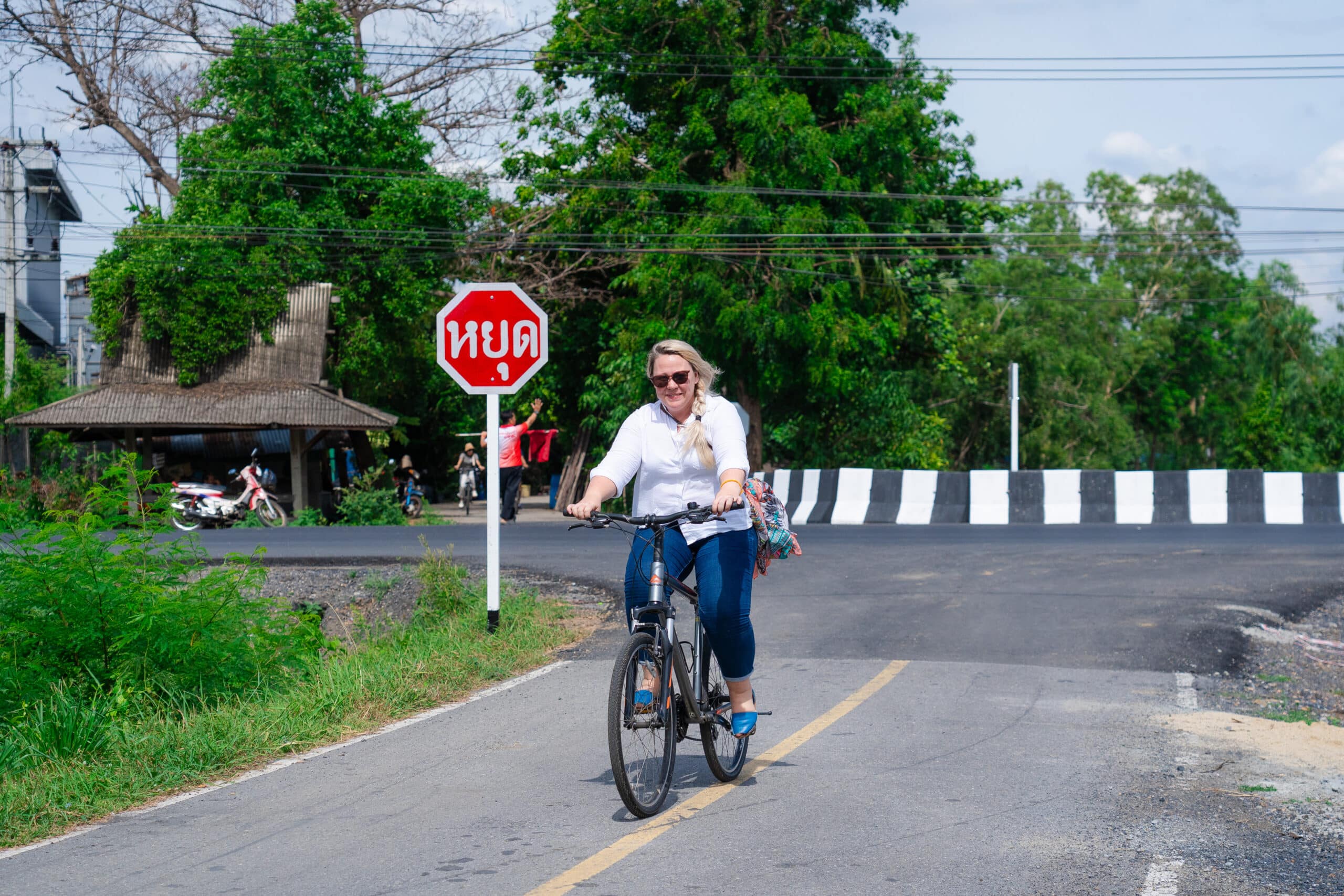
Why the Future of Travel Can’t Be Rushed
By Natalie Vine, Chief Purpose Officer at Discova
I think we need to flip the narrative on what travel is about. There’s this pressure to check off the must-see sights, like, you haven’t really been to Rome unless you’ve seen the Trevi Fountain. A whopping 10.5 million people visit it each year, are there really that many fountain enthusiasts in the world? Why are they not visiting the ‘000’s of other gorgeous Roman fountains?!
Someone came up with the idea of the “bucket list”, and now, instead of immersing ourselves in the daily patterns and culture of a place, we rush through, ticking off a checklist of things we only briefly look at.
It doesn’t make sense, does it?
We go on holidays to unwind, relax, and experience something different. Yet we end up like skipping stones, bouncing across countries and continents, barely scratching the surface of what’s there. We see more of the inside of airports and coaches than we do of the countryside and communities.
In June, my colleagues and I gathered in Siem Reap for the Discova Leaders Conference. As an optional extension to the event, we were invited to return to Bangkok overland instead of flying directly home. We expected maybe 10 travel enthusiasts to choose the 6+ hour bus journey, but to our surprise, 34 people opted to take the slow road. The journey took us through Trei Nhoar, Battambang, an interesting border crossing, then on to Kok Na Sai, before eventually arriving in Bangkok two days later.
To me, the message is clear… The future of travel can’t be rushed.
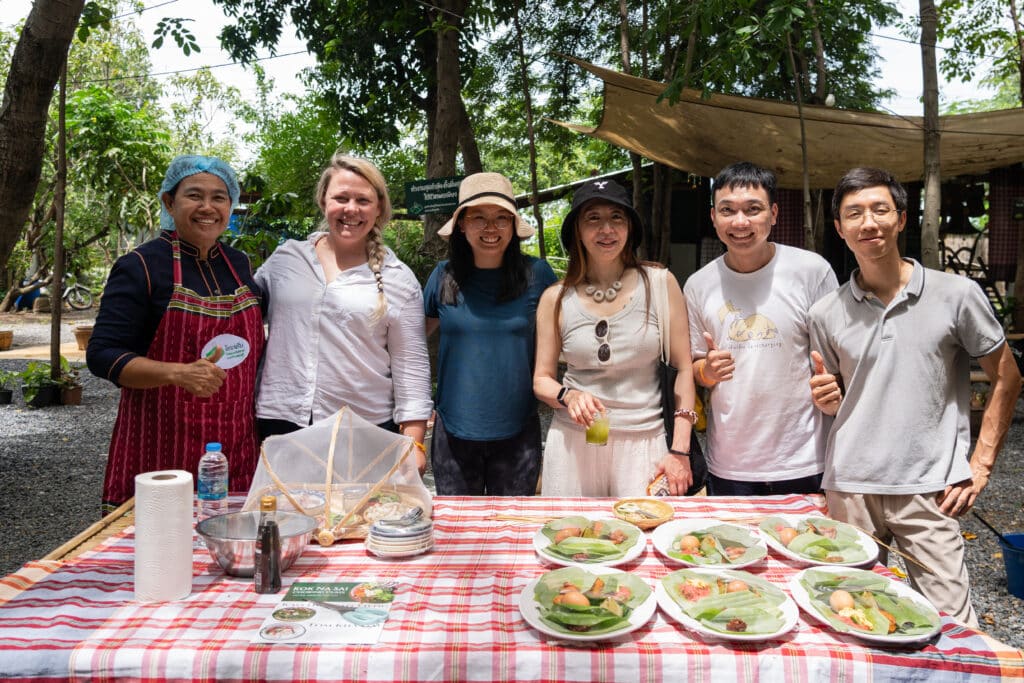
When given the option, people would rather go slower, see more, connect with the community and build friendships. We must stop seeing destinations as simply pins on maps, and start seeing them as someone’s community, someone’s home, someone’s fascinating life. When we join in the start of someone’s day, or the quiet of their evening, we build empathy for them. That’s the benefit for the traveller: we stop collecting images and start collecting human connections.
As a DMC, Discova is the bridge between what tour operators think their customers want and what will actually create lasting, meaningful memories. If someone says, “I want to see all of Vietnam in 10 days”, we have a duty to ask: “Is that what you really want? Or would you prefer to really experience the country and its culture?”.
The customer might not understand what opportunities they’re missing out on if they’re only presented with the bucket list. Think about what makes Singapore, for example, so unique: the food culture, the late-night buzz, the melting pot of different communities, religions and migration stories. But tourists see it as a stopover, a place to break up a long-haul flight on the way to somewhere … else.
However, if they were to slow down and think, “Today we’re going to walk through Chinatown’s Hawker Centres, tomorrow it’s Little India for chai and temples, the day after we will bike through East Coast and Geylang Serai, the cultural heart of the Malay community…” By the end of that journey, those same tourists will understand how these different communities maintain their cultural identity while integrating together and realise some lessons the world can take from it. Something they don’t get by just staying one night at a 5-star hotel.
Slow travel benefits communities too. When we rush through places, spending most of our time in transit, very little of our money ends up supporting that local economy. Slowing down ensures that the local people, small businesses, restaurants and guides benefit from our visit. When we choose to spend our money, we want to know that the community we’re visiting is receiving the lion’s share of it. I think that’s an important emotional benefit for the traveller too.
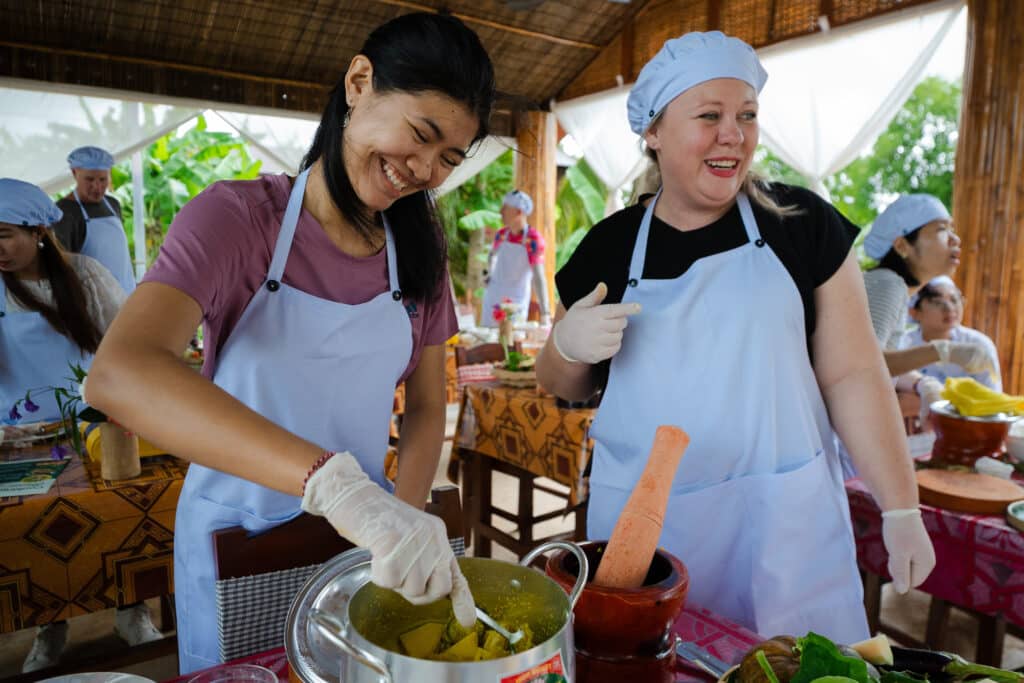
Slow travel is also a more sustainable solution. It can help us redesign travel and not just buy our way out of the problem with carbon offset initiatives. Imagine if all tours were Net Zero, what would it look like? We all travel together, reducing the impact by using EV transport and riding bikes to visit sites. Eating only local, plant-based food from small-scale farms, while seated in community restaurants. We won’t stay somewhere that has taken space from richly biodiverse areas; instead, we will choose picturesque guest houses where the indigenous culture is encouraged and respected. Supporting small cultural experiences like learning how to plant or harvest rice, learning how to cook over an open fire, before sharing stories and songs with a few glasses of the local hooch. They might not be flashy, but they are filled with connection, authenticity, and a lot of love, care and joy… and they’d still make one hell of a social media reel.
That’s my hope for travel in the future: travel that feels less like consumption and more like contribution. See the sights, sure, but also take a day to meet the people and hear their stories too.
How do you see the world when you travel? Are you on the slow boat with me?
Want to learn more about our community development projects?
We’d love to hear from you!
Unlock Global Educational Insights – Join Our Journey!
Subscribe to the dedicated Discova Educational Travel mailing list



